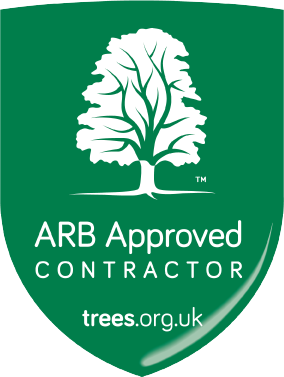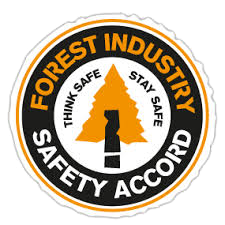Tree work — or arboriculture — is a highly skilled profession that goes far beyond just cutting branches or felling trees. Whether it’s pruning a mature oak, removing a dangerous tree near power lines, or planting trees for future generations, the work requires technical knowledge, physical ability, and safety awareness.
But not all tree workers are equal — and not all are qualified.
In this blog, we’ll explain why qualifications in tree work are important, what to look for when hiring a tree surgeon or arborist, and what pathways exist for those interested in entering the industry.
Why Do Qualifications Matter in Tree Work?
Tree work can be dangerous. It often involves working at height, using chainsaws, and assessing trees for structural integrity, disease, or environmental impact. The wrong decision or poor technique can lead to:
- Injury or death
- Property damage
- Long-term harm to trees
- Legal or insurance issues
That’s why proper training and qualifications are essential. They ensure the person working on a tree understands:
✅ Best industry practices
✅ Tree biology and structure
✅ Health and safety regulations
✅ Environmental protection
✅ How to work legally, especially around protected trees
Key Qualifications in Tree Work in the UK
Here are the most widely recognised qualifications and certifications in UK arboriculture:
- City & Guilds NPTC (National Proficiency Tests Council)
The NPTC qualifications are considered the industry standard for tree workers in the UK.
Some core units include:
- CS30 – Chainsaw Maintenance & Cross-cutting
- CS31 – Felling Small Trees
- CS38 – Tree Climbing & Aerial Rescue
- CS39 – Using a Chainsaw from a Rope and Harness
- CS40/41 – Aerial Tree Pruning and Dismantling
 These are now part of the City & Guilds Level 2 Award suite and are a minimum requirement for any competent tree worker.
These are now part of the City & Guilds Level 2 Award suite and are a minimum requirement for any competent tree worker.
- LANTRA Awards
LANTRA provides training and qualifications in land-based industries, including arboriculture and forestry. Their courses cover:
- Tree inspection and identification
- Chainsaw use
- Risk assessments and first aid
- Ground-based tree work
LANTRA courses are practical, respected , and often used for continuing professional development (CPD).
, and often used for continuing professional development (CPD).
- Level 2 & 3 Diplomas and Certifcates in Arboriculture
Offered by colleges and training providers, these qualifications are aimed at those building a career in the tree industry. They cover both practical skills and theory such as:
- Tree biology and health
- Soil science
- Pests and diseases
- Legal and planning issues (e.g., TPOs, conservation areas)
Examples include:
- ABC Level 2/3 Certificate or Diploma in Arboriculture
- City & Guilds Level 2/3 Extended Diplomas in Forestry and Arboriculture
- Professional Tree Inspection (PTI)
For those responsible for inspecting and assessing trees — like local authority officers or senior arborists — the PTI course is essential. It covers:
- Tree risk assessment
- Tree defects and failure patterns
- Legal responsibilities and reporting
Additional Important Credentials
When hiring or contracting tree work, look for these additional indicators of professionalism:
✅ Public Liability Insurance
Any reputable arborist should have public liability insurance (usually at least £5 million), as well as employer’s liability if they have a team.
✅ Membership of a Professional Body
While not a qualification, membership in these organisations shows a commitment to industry standards:
- Arboricultural Association (AA)
- International Society of Arboriculture (ISA)
- Royal Forestry Society (RFS)

✅First Aid Training
Given the risks involved in tree work, first aid certification is crucial. Tree surgeons are First Aid trained to a high standard and should carry personal first aid kits to manage the types of injuries they might come across.
How to Check If a Tree Worker Is Qualified
Before using a tree surgeon:
Ask for proof of qualifications and insurance
Check if they are listed with the Arboricultural Association’s Approved Contractor Scheme
Look for customer reviews and previous work examples
Avoid door-to-door “tree surgeons” offering cheap work — they are often unqualified and uninsured
Final Thoughts
Qualifications in tree work are not just about ticking boxes — they ensure safety, professionalism, and the long-term health of the trees we depend on. Whether you’re a homeowner looking to hire a competent contractor or someone thinking about a career in arboriculture, understanding the qualifications landscape is essential.
When it comes to tree work, don’t cut corners — hire qualified professionals who know what they’re doing.










